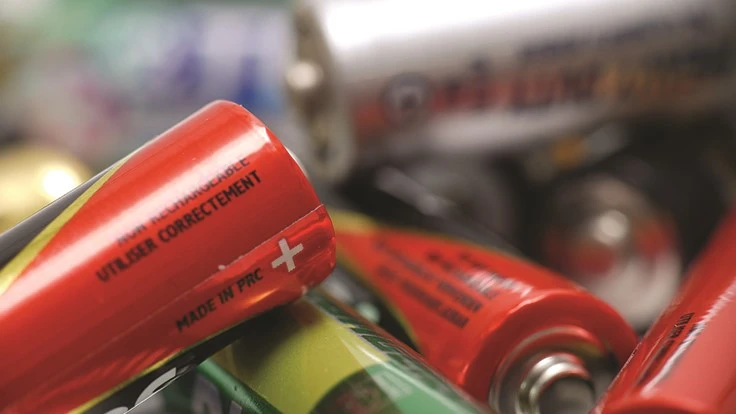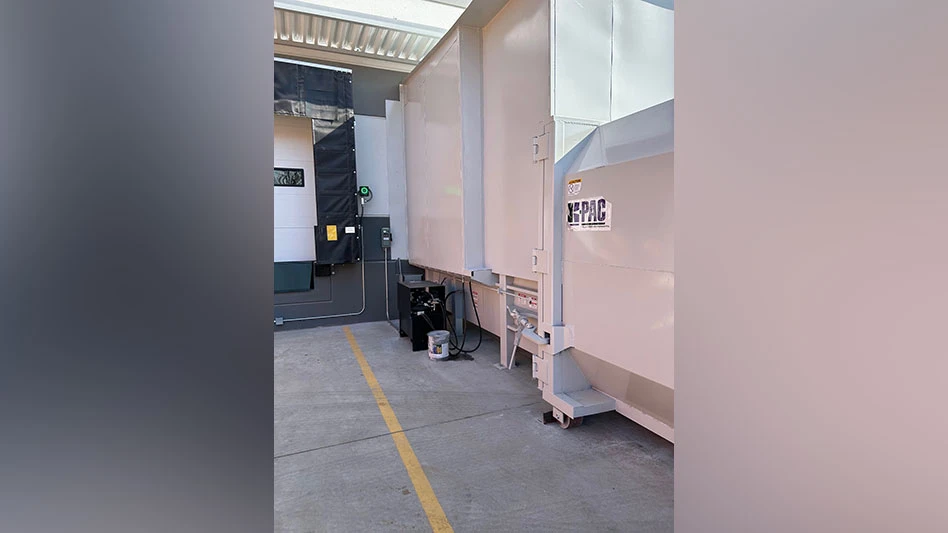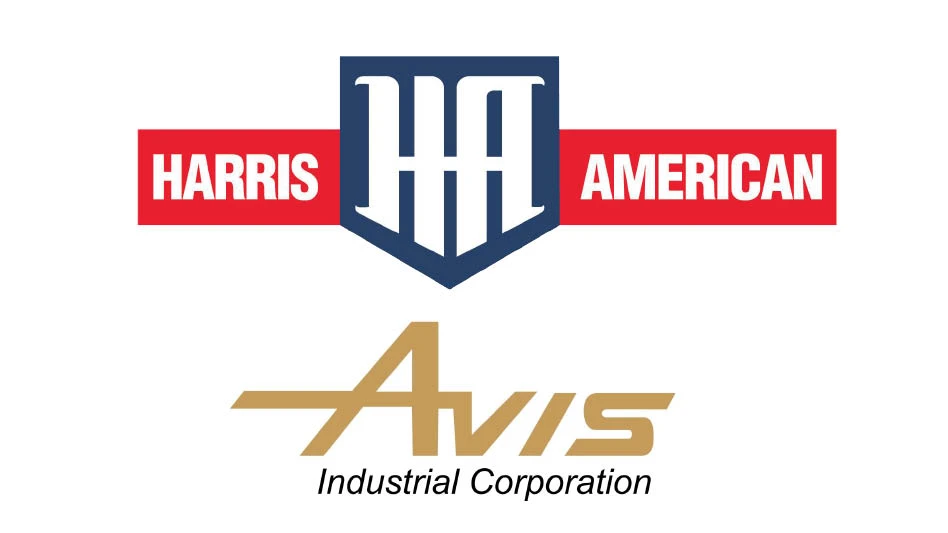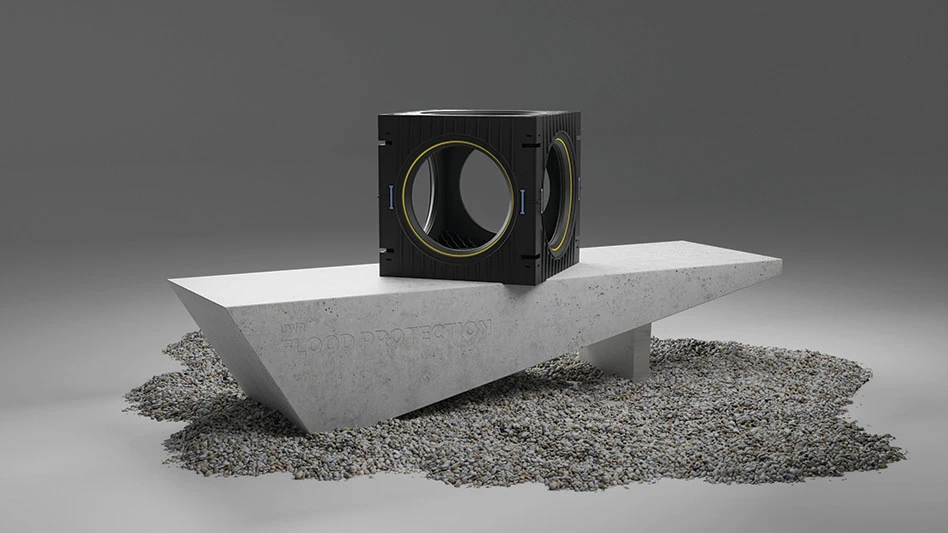
Roman Milert | dreamstime.com
Researchers from Japan have developed a distributed recycling system that uses microwave-based heating to recycle alkaline batteries, offering what they say is an efficient and cost-effective alternative to recycle e-scrap locally.
Traditionally, material is collected locally and processed at large-scale recycling facilities in a centralized location. While this enables handling a large volume of material at once, it is associated with high transportation costs and energy consumption, the researchers from Ritsumeikan University say.
They add that distributed recycling systems consisting of small recycling facilities offer a sustainable alternative to these conventional recycling systems, greatly reducing the energy requirements for transportation and potentially increasing recycling rates.
In a recent study, researchers from Ritsumeikan University have proposed a small, distributed recycling system for used batteries. “The feasibility to decentralize the recycling of e-waste needs to be analyzed, considering the different characteristics of each municipality,” says Prof. Shoki Kosai, a member of the research team and the first author of the study. “In this study, our focus is on obsolete alkaline batteries as waste product to be treated in a distributed recycling system.”
The system employed microwave irradiation, which offers selective, rapid heating and reduced energy consumption compared with furnace-based heating, the researchers say. The team’s findings were published in Resources, Environment and Sustainability, made available online June 20 and published in volume 9 Aug. 31.
First, the researchers conducted an empirical study to explore the usability of this microwave-based technique in recycling spent alkaline batteries. Then, they conducted an analytical case study to examine the effectiveness of distributed recycling systems in Japan. A total of 1,710 municipalities in Japan were considered in the study, which used energy consumption and greenhouse gas emissions as metrics for testing the effectiveness of the proposed recycling system.
The results of the empirical study showed that microwave-based heating achieved a recovery rate of 97 percent of manganese oxide and zinc from the alkaline batteries. This recovery rate is 1.5 times more than that of conventional electric furnace-based heating, the researchers say, while taking only half the time. The analytical study also revealed highly optimistic results, as the team noted that a balance between centralized and distributed recycling systems can reduce annual energy consumption and greenhouse gas emissions across Japan by 26,500 gigajoules and 1.54 gigagrams, or nearly 1,698 short tons, of CO2 equivalent, respectively.
The researchers say their findings provide a good starting point to explore distributed recycling systems using microwave irradiation for metal recovery.
“Through the adoption of this system, areas where natural resources are not available will gain the opportunity to become suppliers of secondary resources,” Kosai says. “This system could also remedy the problem of metal recycling in developing countries.”
Get curated news on YOUR industry.
Enter your email to receive our newsletters.Latest from Recycling Today
- Enfinite forms Hazardous & Specialty Waste Management Council
- Combined DRS, EPR legislation introduced in Rhode Island
- Eureka Recycling starts up newly upgraded MRF
- Reconomy Close the Gap campaign highlights need for circularity
- Nickel carbonate added to Aqua Metals’ portfolio
- EuRIC, FEAD say End-Of-Life Vehicle Regulation presents opportunity for recyclers
- Recyclers likely to feel effects of US-China trade war
- BCMRC 2025 session preview: Navigating battery recycling legislation and regulations






